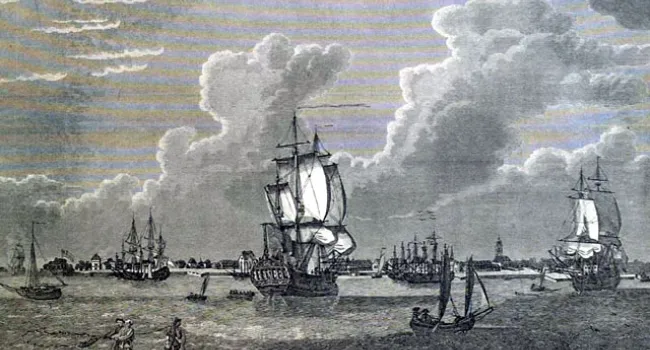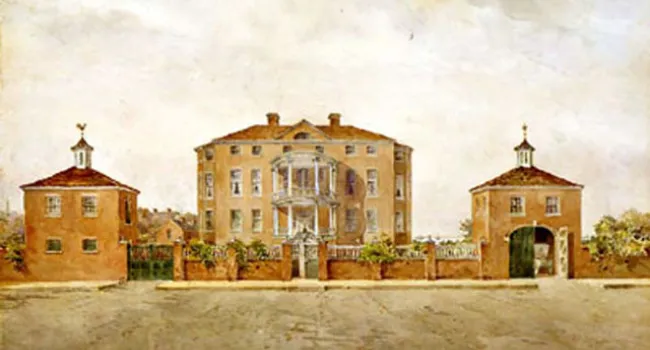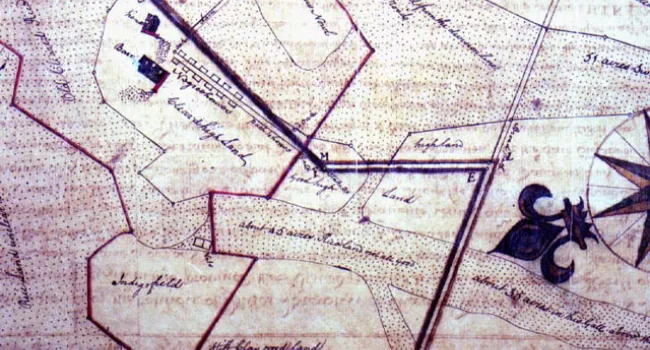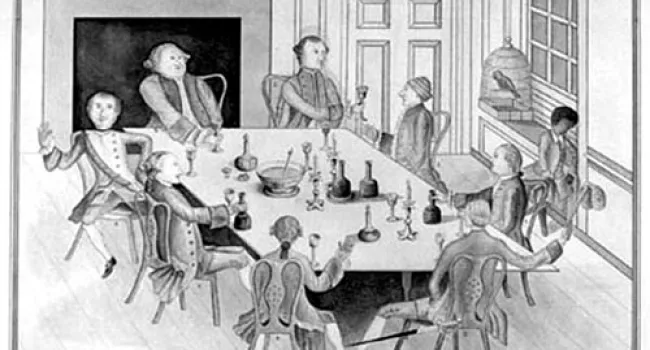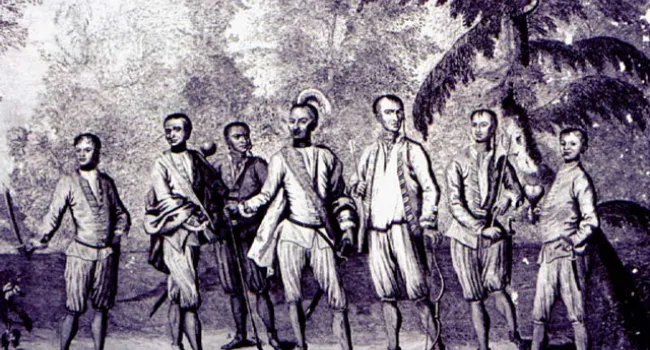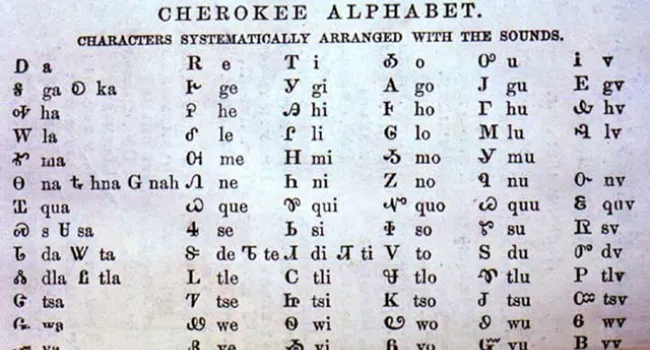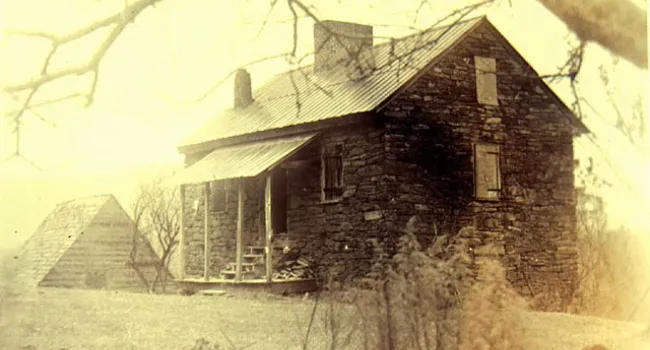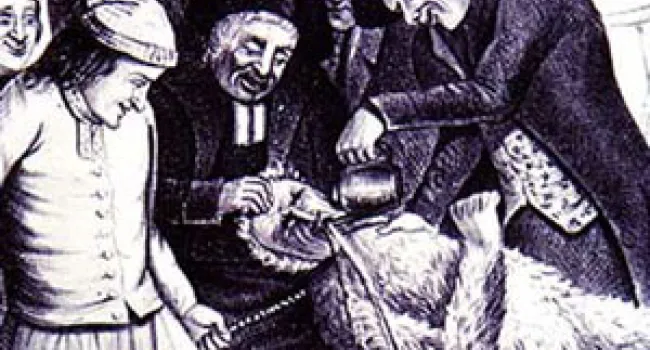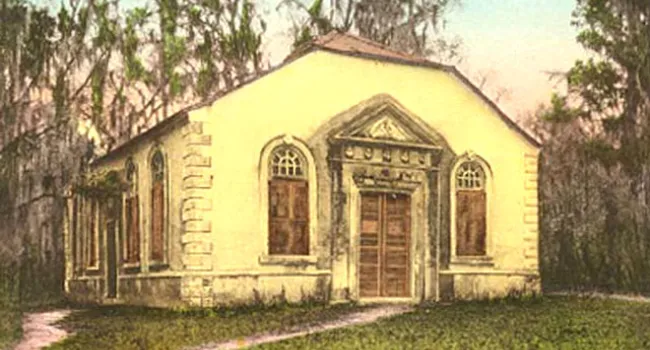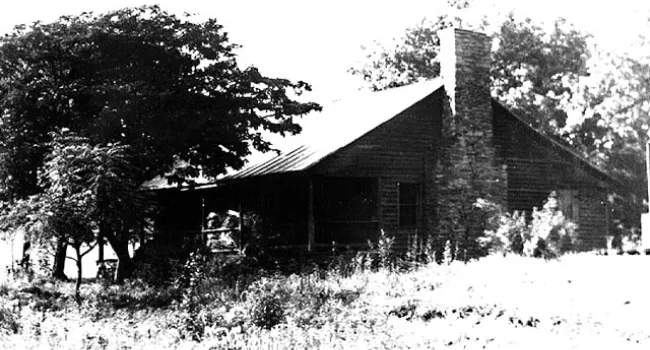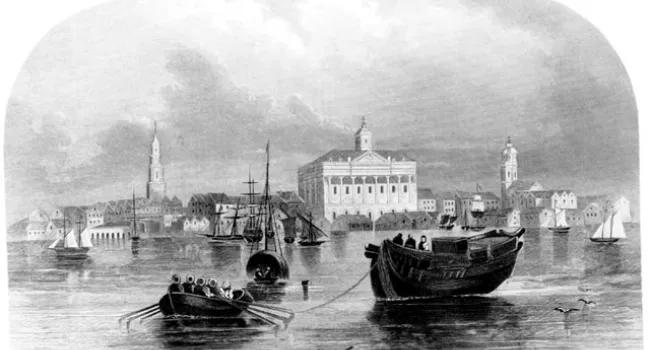
The availability of "real" money, in the form of coins made of gold and silver, was a constant problem in all of the English colonies. Their need to purchase manufactured goods from Europe meant that what coin they received from trade promptly returned to the old country in payment for imported goods and services. Rather than resort to barter, each of the colonies, including South Carolina, relied on other forms of currency to carry on commerce locally and with other colonies. One form of this paper money substitute was "bills of exchange," in which merchants who accepted goods for shipment to England gave in exchange a paper note, redeemable in English currency from the merchant's banker. But these "bills of exchange" often passed from one person to another as if they were the actual money. Other forms of notes or loans also were used in payment for goods and services. And some colonies were authorized to print notes to use, for instance, to pay soldiers or suppliers of military necessities in time of war. This six shilling and three pence note dates from 1723.
Courtesy of the South Caroliniana Library.
Standards
- This indicator was written to promote inquiry into the unique development of ethnic, political, and religious identities in the New England, Mid-Atlantic, and Southern colonies.
- 8.1.E Utilize a variety of primary and secondary sources to examine multiple perspectives and influences of the economic, political, and social effects of South Carolina’s settlement and colonization on the development of various forms of government across the colonies.



